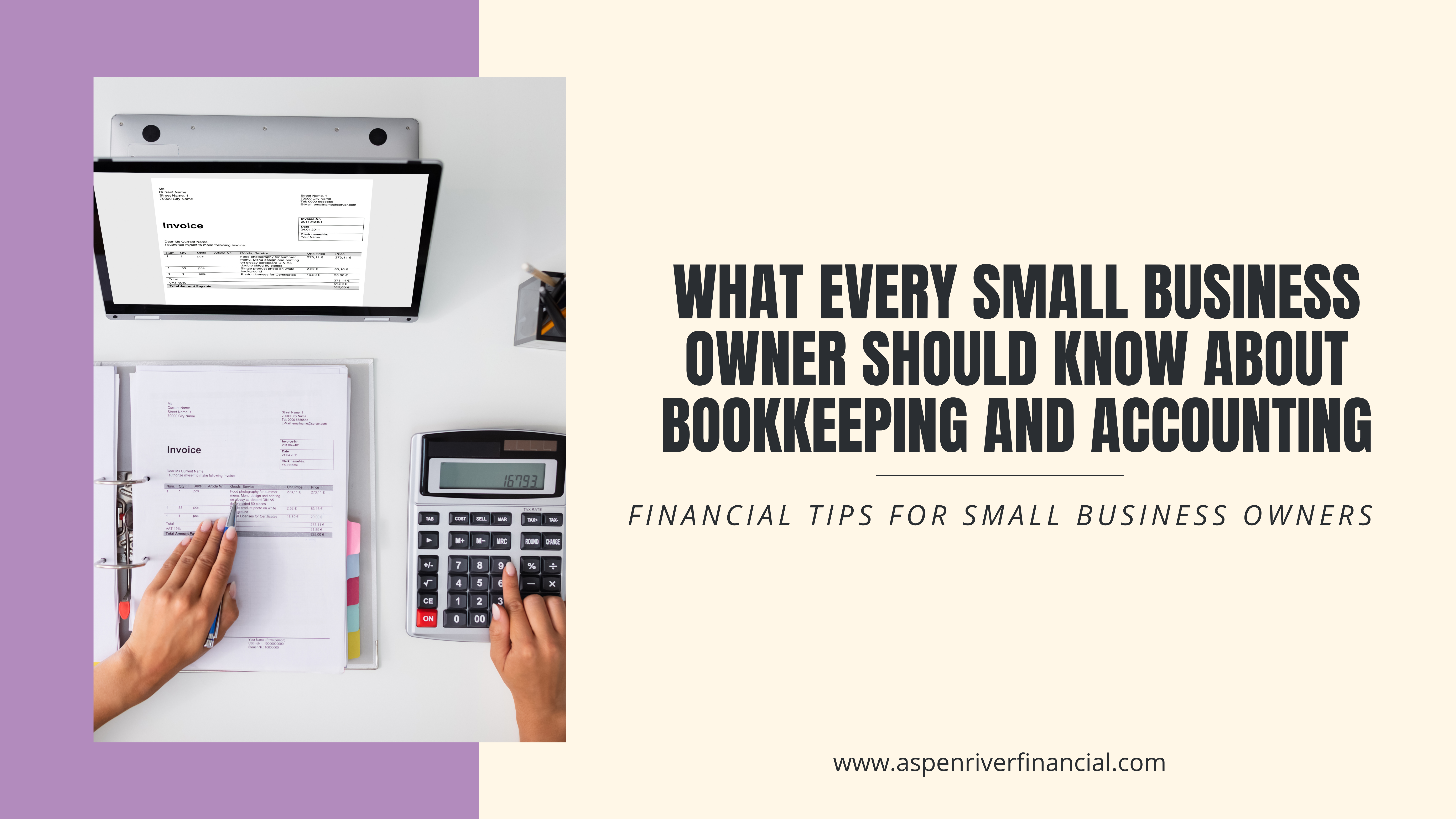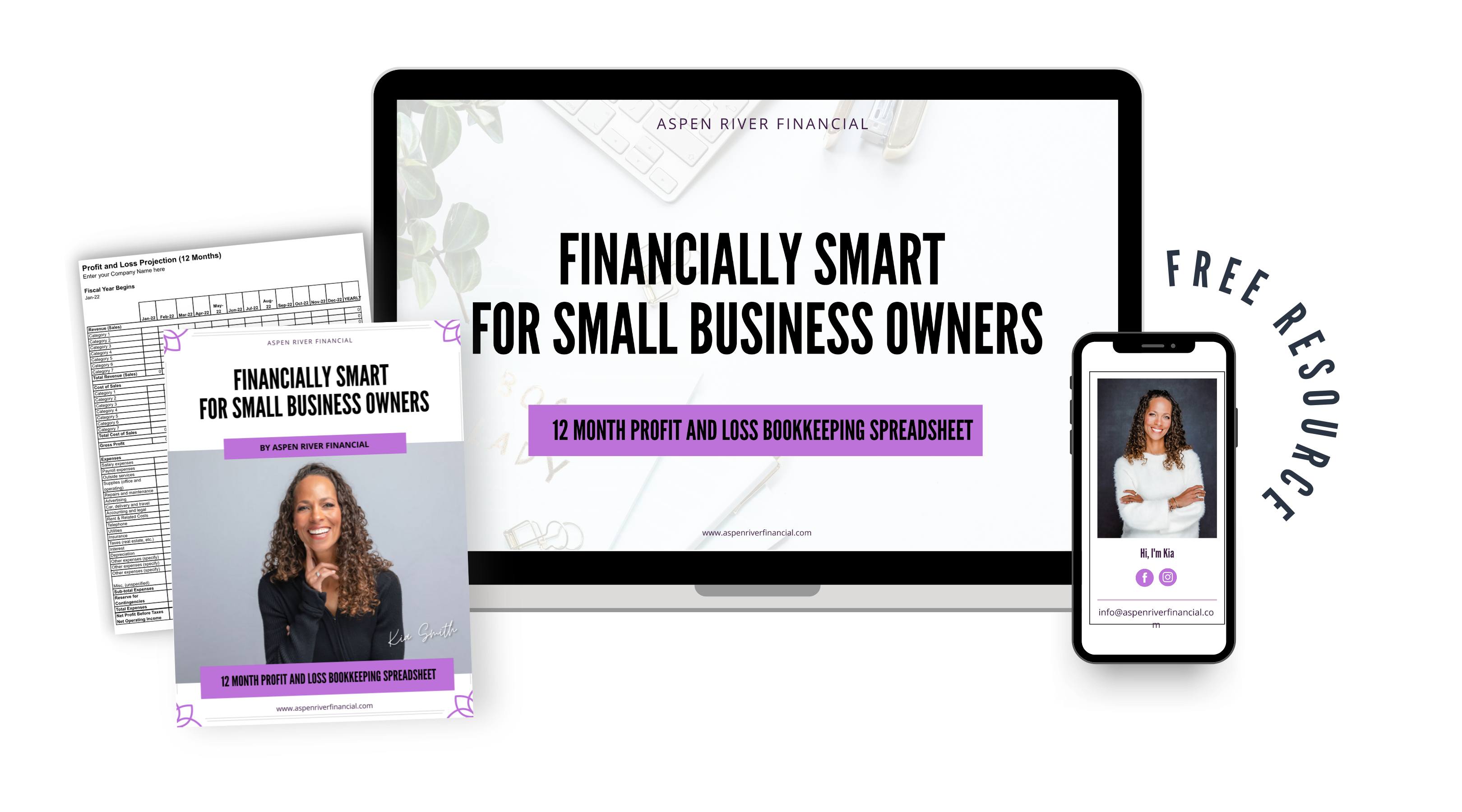
Bookkeeping and accounting are essential aspects of any successful business.
However, many small business owners may not be aware of the basics.
This article will provide a brief overview of the fundamentals of bookkeeping and accounting that every small business owner should know.
Bookkeeping vs Accounting
It is important to understand the difference between bookkeeping and accounting.
Bookkeeping is the process of recording financial transactions such as purchases, sales receipts, and payments.
It tracks income, expenses, assets, liabilities, and equity according to GAAP. Accounting is an analytical process that analyzes financial information to make decisions.
The Importance of Accurate Records
Accurate records are essential for small business owners because they can help them avoid costly mistakes and help them make informed decisions about their business’s finances.
Accurate records also allow a business owner to easily track their progress against financial goals such as budgeting or cash flow management.
Additionally, having accurate records makes it easier for a small business owner to prepare year-end tax returns accurately and on time.
Recording Business Transactions
It’s important to record all business transactions promptly and accurately to maintain accurate financial records.
This includes recording sales invoices, receipts for purchases, payments made by customers or suppliers, payroll expenses, etc.
All transactions should be recorded using appropriate account codes to track and report on financial statements correctly.
Additionally, it’s important to keep detailed receipts for all business expenses for tax purposes and proof of purchase when making large purchases or investments in assets such as vehicles or equipment.
Understanding Financial Statements
In addition to understanding basic bookkeeping processes that small business owners need to become familiar with financial statements such as profit & loss statements (P&L) and balance sheets.
P&L statements show how well a company performed during a certain period by comparing its revenues and expenses.
Meanwhile, balance sheets show what assets a company has at its disposal at any given time.
Balance sheet shows the life history of a company. It’s the value of your business and the assets you have worked to buy. If you have debt, it’s what you owe to creditors to grow your business.
The equity section is your sweat, tears, and hardware to get the business to where it is today.
Both types of statements provide valuable insights into the current state of a company’s finances so it is important for small business owners to understand them and use them regularly to make informed decisions about their business’s finances.
Bookkeeping and accounting are essential aspects of any successful small business since they provide insight into the current state of finances and inform future decision-making.
Every small business owner should know the basics, including the differences between bookkeeping and accounting, why accurate record-keeping is important, and how financial statements can be used to gain further insights into the health of their business’s finances.
By understanding these fundamentals, small businesses can ensure they stay on top of their finances while making informed decisions that lead to long-term success.
For more strategies and tips on small business finance, read more articles here.
Do you have a question about business finances that you would like answered? Send us an email at info@aspenriverfinancial.com, and we may feature your question in a future blog post!’
Just started your business and are already confused about your income and expenses and how to track them effectively. It gets to be easy! Download the FREE 12-MONTH BOOKKEEPING SPREADSHEET that will have all your income and expenses in one place for tax time. Click here to download it!
Still, feeling lost when it comes to your business finances? We offer accounting and services that can help – click here to view our services

Hi there, I'm Kia!
I am your Certified Public Accounting, Enrolled Agent and Certified Money Coach with vast experience in accounting, taxation, business planning, and impeccable client rapport you can trust.
Let's Connect!
GRAB YOU FREE 12 MONTH BOOKKEEPING SPREADSHEET

